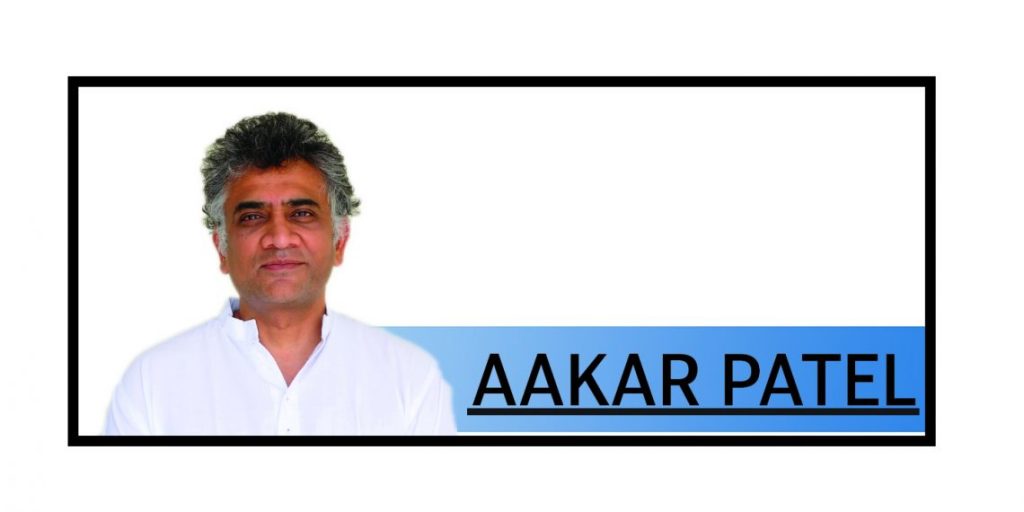Uttar Pradesh’s law banning interfaith marriages also carries forward another innovative feature of India’s legal system in these present times. This is the shifting of burden of proof from the State to the accused. The ‘innocent until proven guilty’ maxim that underpins all law has been stood on its head and it is for the individual to prove their innocence to the State, which assumes that they are guilty.
This is unusual because no civilised nation runs its justice system in this fashion and even in India there are serious crimes which do not shift burden of proof. For instance if you murder or rape someone in India it is for the State to prove that you did so. The State has to record and present the evidence to the judiciary which will determine whether it meets the threshold for conviction. When burden of proof is reversed, once the State has made the accusation, it is the responsibility of the individual to show they are innocent. If they cannot then bail is denied and prosecution proceeds. The Uttar Pradesh Prohibition of Unlawful Conversion of Religion Ordinance, 2020 does not accept the testimony of an adult woman who has changed her faith after marriage as proof that no crime has been committed. It is for the male members of the family she has married into to demonstrate what the intention of her conversion was (Section 12). If the explanation is not to the satisfaction of the State, meaning the police or bureaucrat, then the offence remains and prosecution continues. The potential for corruption and coercion can be imagined.
The National Register of Citizens in Assam is another place where the burden of proof was reversed. It was not for the State to identify undocumented migrants and take action to deport them. It was for individuals, once their names were not put on the positive citizens’ list, to line up with documents and prove that the presence of their ancestors had been registered on some or the other government document.
Different spellings of names, missing middle names or initials, change of surnames because of marriage were all used as reasons to strip people of their citizenship and right to vote. The corruption and coercion here was recorded but perhaps did not get the attention it deserved. The BJP government used contract workers on two-year contracts to be the ‘judges’ in the kangaroo courts where individuals had to present their documentation. Only those ‘judges’ who marked a maximum number of people as foreigners had their contracts extended. How do we know this? The government itself said it in an affidavit to the Gauhati High Court. Those whose contracts had not been extended moved court to say that they had been removed without any assessment of their work. The government countered by submitting the performance appraisal of the collective judges. This documented separated individuals purely by how many they had disenfranchised. There was no other mark of quality: those who did not adequately perform in the ‘percentage marked foreigner’ category were fired.
Readers may be familiar with the amendment to the UAPA laws passed by this government last year. Amnesty International said that the law, offers an overbroad and ambiguous definition of a ‘terrorist act’ which includes the death of, or injuries to any person, damage to any property, an attempt to over awe any public functionary by means of criminal force and any act to compel the government or any person to do or abstain from doing any act etc. It also includes any act that is ‘likely to threaten’ or ‘likely to strike terror in people’, giving unbridled power to the government to brand any ordinary citizen or activist a terrorist without the actual commission of these acts. Once the State has branded you a terrorist then UAPA requires you to prove your innocence even to secure bail. The reason why activists like Sudha Bharadwaj, Stan Swamy, Varavara Rao, Umar Khalid and Vernon Gonsalves will spend many years in jail without conviction is this reversal of burden of proof. The State doesn’t have to do anything to keep denying them their freedom other than to oppose bail in court.
Gujarat has introduced a law which gives a life sentence for cow slaughter, the Gujarat Animal Preservation (Amendment) Act 2017. Under this law a man was convicted in 2018 after being accused of serving beef at his daughter’s wedding. At trial, he told the court he had served mutton biryani. The judge refused to accept this and asked him to prove that this meat consumed months ago was not beef. When he couldn’t to the satisfaction of the court he was convicted. He was Muslim of course but this need hardly be mentioned because it is understood. The force ruling India is introducing these laws and this change in our jurisprudence for a reason, which is to brutalise a section of Indian society. The effects of this can already be seen and will accelerate.
In weak States like India the government apparatus — police, judges and bureaucrats — pick up signals from the political authority. They have little or no individual agency and must toe the line. Those who do not are savaged by a vengeful political authority as we have seen happening to IPS officers who resisted mob violence in Gujarat.
That not enough of a scandal much less an uproar has been created by the reversal of burden of proof on cow, love jihad, dissent and citizenship — all aimed at a particular community — says something about us to ourselves and to the world.
